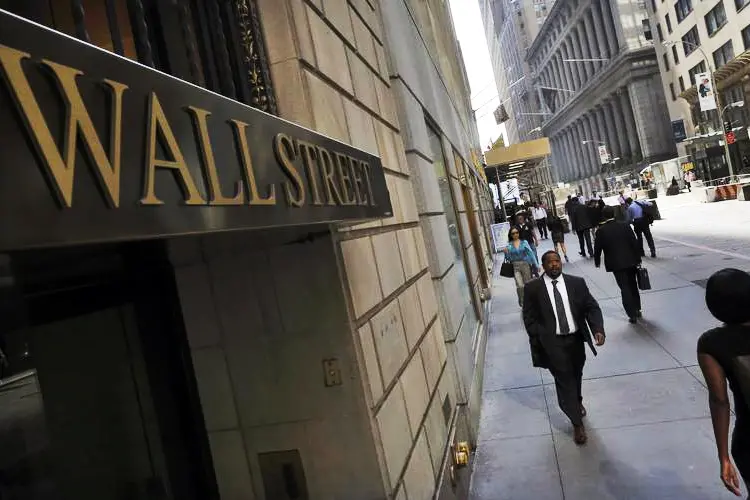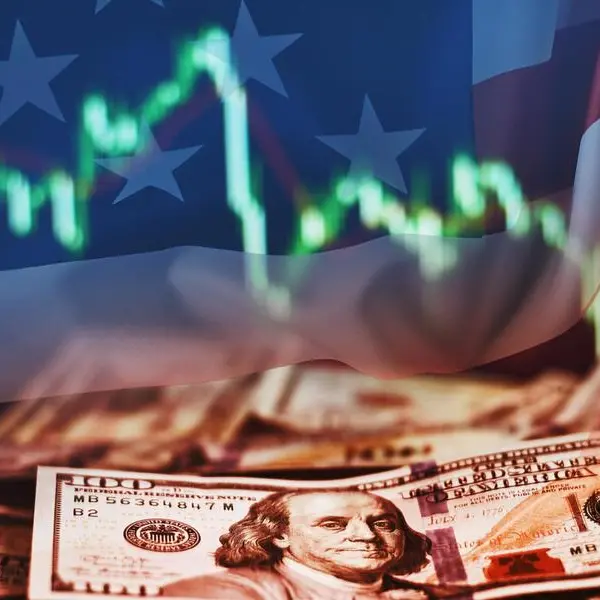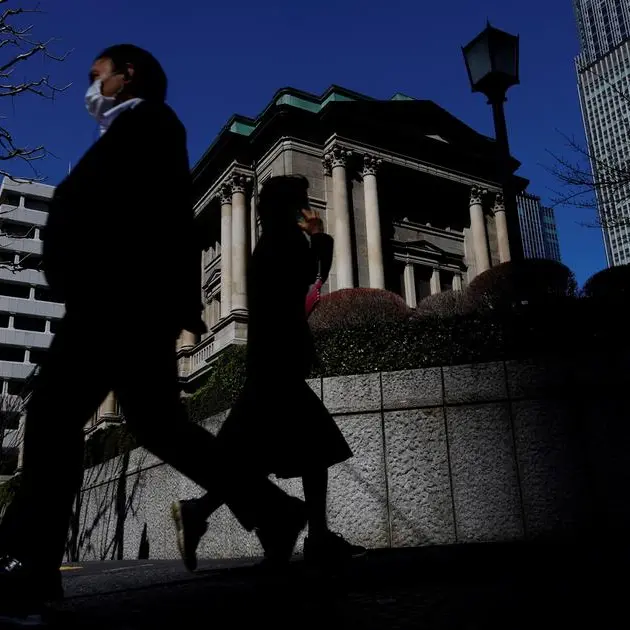PHOTO
NEW YORK - A better-than-expected U.S. jobs report eased some worries about an imminent recession but also bolstered the case for the Federal Reserve to continue aggressively hiking rates, threatening more turbulence for asset prices this year.
Hopes that a weakening economy could push the Fed to slow or stop its rate hikes earlier than previously expected have bolstered stocks and bonds in recent days. The S&P 500 rebounded 6% from its June lows while the 10-year U.S. Treasury yield, which moves inversely to prices, hit a low of 2.75% this week.
That view took a hit on Friday, as traders bet on bigger Fed rate hikes after the report, which showed U.S. employers hiring far more workers than expected in June. Rate futures contracts now reflect a base-case view that the Fed's policy rate will be in the 3.5%-3.75% range by year end, higher than Fed policymakers themselves predicted three weeks ago.
To some investors, that means the volatility that has rocked markets in the first half of the year should continue as uncertainty over how restrictive Fed policy will need to be threatens risk appetite across Wall Street.
"We don't know if inflation peaked, we don't know if Fed hawkishness has peaked," said Phil Orlando, chief equity market strategist at Federated Hermes. "The combination of uncertainty about inflation, Fed policy and earnings trends suggest that stocks should go lower."
Immediate reaction to the report was muted in stocks, with the S&P 500 recently down 0.1%. Treasury yields shot higher, with the 10-year recently at nearly 3.1%.
Investors now turn to the monthly U.S. consumer price index report for a gauge on inflation, due next week, as well as to the start of a second-quarter earnings season that investors fear will come in weaker than forecast.
Stocks and bonds reeled last month after data showed inflation running at its hottest pace in more than four decades, prompting a 75-basis-point interest rate increase by the Fed, its biggest hike since 1994.
“June’s US Employment Report lends support to our forecast that the Federal Reserve will raise interest rates by more than is currently discounted in markets, pushing up Treasury yields this year,” analysts at Capital Economics wrote.
“Although we think a US recession will be avoided, we still expect US equities to be weighed down by both rising discount rates and disappointing growth in corporate earnings.”
Meanwhile, OANDA’s Edward Moya wrote that "Wall Street should get used to a choppy stock market for the rest of the summer as the Fed tries to navigate a soft landing.”
Friday's report found that nonfarm payrolls increased by 372,000 jobs last month, while economists polled by Reuters had forecast 268,000 jobs were added last month. The unemployment rate was unchanged at 3.6% for a fourth straight month.
Other recent numbers have been more ominous, however, and some investors believe it’s only a matter of time before the Fed’s rate hikes are broadly reflected in economic data.
Data on Thursday showed the number of Americans filing new claims for unemployment benefits unexpectedly rose last week, while another report last week showed U.S. manufacturing activity slowed more than expected in June.
“Jobs reports are lagging economic indicators that are often strong entering a downturn,” said Richard Flynn, managing director at Charles Schwab in the UK. “Despite today’s good news, stocks are likely to continue to feel the weight of monetary tightening, shrinking liquidity, and slower economic growth.”
(Reporting by Lewis Krauskopf, Sinéad Carew and Herbert Lash in New York and Sujata Rao in London; Editing by Ira Iosebashvili and David Gregorio)





















